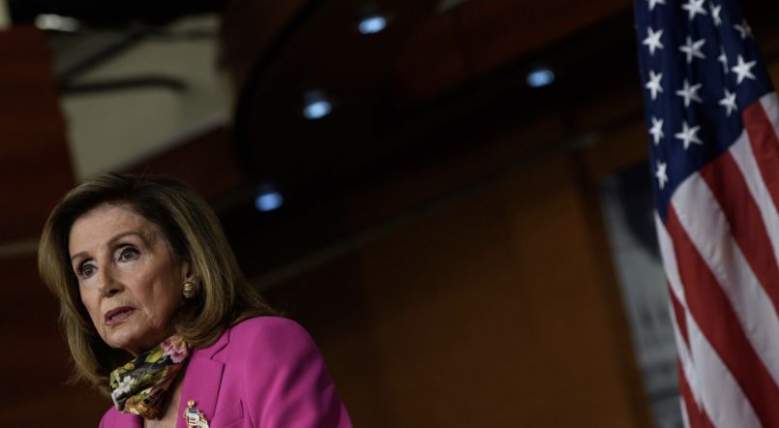
A new stimulus proposal could provide another $1,200 to Americans in 2020, after months of stalled negotiations on Capitol Hill between Democrats and Republicans in Congress. The proposal, which came from members of the bipartisan House Problem Solvers Caucus and is called the March to Common Ground Bipartisan COVID Relief Framework, would provide the American economy with approximately $1.5 trillion in funding, including another round of stimulus checks.
A group of Democratic lawmakers quickly denounced the proposal. In a statement released by the House Committee on Appropriations, the lawmakers said the new proposal “falls short of what is needed to save lives and boost the economy.” The statement continued, “Unfortunately, today’s proposal retreats from these critical policies and fails to respond to additional issues that have emerged since May. When it comes to bolstering the public health system, supporting state and local governments, and assisting struggling families, the Problem Solvers’ proposal leaves too many needs unmet.”
President Donald Trump has since signaled his support for this bipartisan effort.
Here’s what you need to know:
The Problem Solver’s Caucus Proposal Would Provide Stimulus Checks, Funding for SNAP & WIC & More
The Problem Solver’s Caucus stimulus plan would provide $1,200 to all eligible Americans, as well as an additional $500 for each child and dependent adult. The plan does not specify who would be eligible for this round. It’s possible that the eligibility would match eligibility requirements for the CARES Act from March.
The March to Common Ground framework would also provide:
- Student loan forbearance through December 31, 2020.
- $10 billion towards SNAP funding through July 2021.
- $1 billion towards WIC funding through March 2021.
- $25 billion towards rental assistance and rent stabilization programs through January 2021.
The proposal also includes funding for coronavirus testing and contract tracing, healthcare provider support, additional Paycheck Protection Program funding, money for childcare providers and schools, aid to state and local governments, election aid, funding for broadband expansion, support for agriculture and aquaculture producers and processers, additional USPS funding, enhanced worker and liability protections and more.
The Bipartisan Plan Would Also Provide $120 Billion in Unemployment Funding
The Problem Solver’s Caucus laid out a plan to inject $120 billion toward unemployment relief and funding in the next several months. The plan would provide a federal unemployment supplement of $450 per week for an eight-week transitional period, followed by a supplement of up to $600 per week, up to but not exceeding 100% of previous wages, through January 2021.
In response to the blanket refusal by Democratic leaders to consider this plan, some of the members who worked together to form the proposal displayed their outrage and frustration. Representative Max Rose, a freshman Democrat in Congress and a member of the Problem Solvers Caucus, talked to CNN about his own frustration.
“You saw all the reasons why people hate politics,” Rose said. “Because they are rejecting a bold bipartisan measure outright and insinuating things are not in there when they actually are and just continuing to kick the can down the road over and over and over again. … It’s deeply frustrating.”
Rose added, “It’s a charade. … It’s stupid.”
READ NEXT: ’90 Day Fiance’ Star Larissa Lima Speaks Out After Being Arrested by ICE